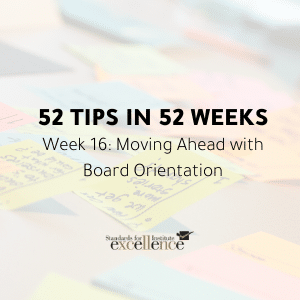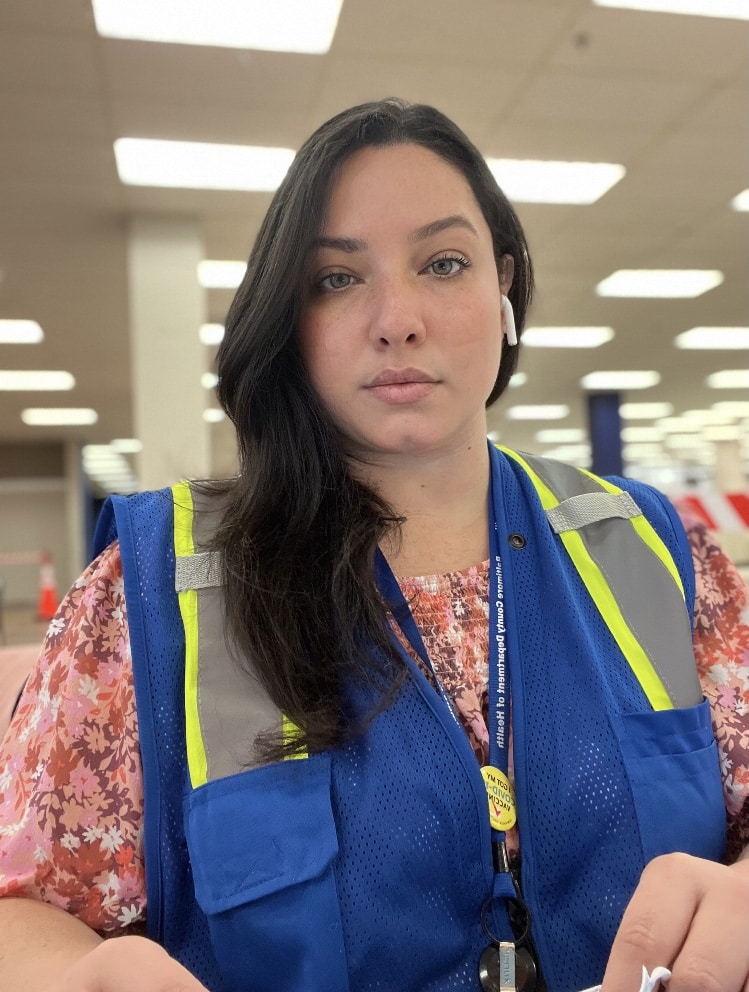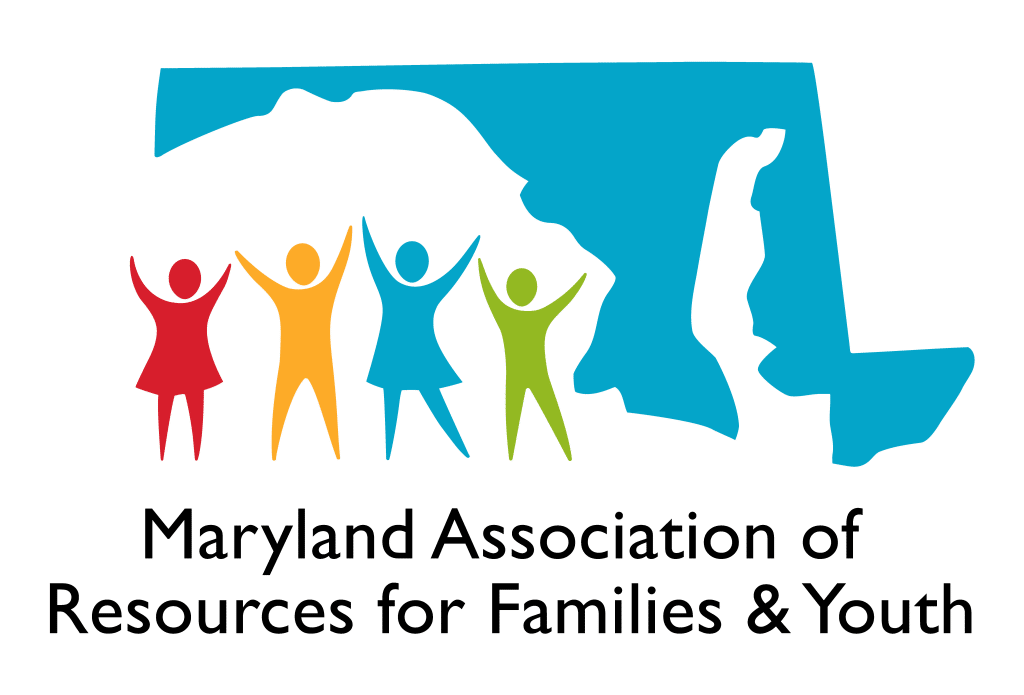In this time when we are all struggling with so many issues related to the pandemic, some of the more “regular” issues (tasks that we typically address annually as part of the regular flow of business) also surface as unexpected challenges. We know that for many nonprofits, the spring is the time when important onboarding takes place for incoming board members. Can this occur in the midst of the pandemic with stay-at-home orders and no in-person meetings? It is an interesting question, to be sure. My organization conducted its annual board orientation program in the first quarter of 2020 so we do not have to tackle the issue for ourselves at this time; but we are faced with a similar challenge: recruitment, selection, and orientation of a new staff person to fill a new vacancy. In this case, we cannot put this staff onboarding on hold as we’re facing intense pressure to perform at a very high level and this is a key position. The same is true for many boards of directors. This is not a time for a leadership void. Rather, it is a time where board strength will be more important than ever. The Standards for Excellence: An Ethics and Accountability Code for the Nonprofit Sector states, “the board should establish a rigorous board development strategy for recruiting and selecting new members …” and “the board is responsible for the orientation, education, and (where appropriate) the removal of board members…” This is no less true in the midst of an international crisis.
In the midst of the COVID19 pandemic, it is certainly reasonable and appropriate to extend grace and patience to individuals who have been selected to serve and have agreed to join the board but may need additional time in order to fully engage as a new board member. It may also be appropriate to briefly postpone onboarding due to the essential responsibilities of incoming or current board members. At the same time, many nonprofits would be well served not to place the orientation of new board members on the back burner or on indefinite postponement. This is a tough time in the life cycle of many nonprofits and fresh, new board perspectives (and additional board members) may help the organization tackle the toughest challenges. When considering these various issues, for many organizations, it may make good sense to orient and onboard new board members even in the midst of a pandemic.
Consider the ways that you currently orient and train board members:
-
- Do you generally host an in-person meeting that is facilitated by board members and staff leaders of the nonprofit?
- Do you generally share insights and experiences of those served by the organization?
- Do you review the finances, board member job descriptions, expectations for resource development, and conflicts of interest policies?
- Do you share a board handbook with new board members?
- Do you provide a tour of the organization’s premises?
With the exception of touring the organization’s facility, all of these activities can be carried out in a remote setting, using free or low-cost webinar or virtual meeting technology. In fact, for some nonprofits, the current situation may serve as a sort of push or encouragement to finally transition your hard copy-paper board member manual to a well-organized and secure online collection of resources.
We share our sincere wishes for your continued good health and patience as we all navigate these challenging and uncertain times.
The Standards for Excellence educational resource packet on Board Member Responsibilities is one of our most popular resources, and for those who are developing a new board orientation program, this packet contains a sample orientation checklist as well as a table of contents for a comprehensive board manual.
This educational resource packet and the full series of all packets – including sample policies, tools and model procedures to help nonprofits achieve best practices in their governance and management, is available to Members of Maryland Nonprofits, who have access to this and all 27 Standards for Excellence Educational Resource Packets through the member portal.





